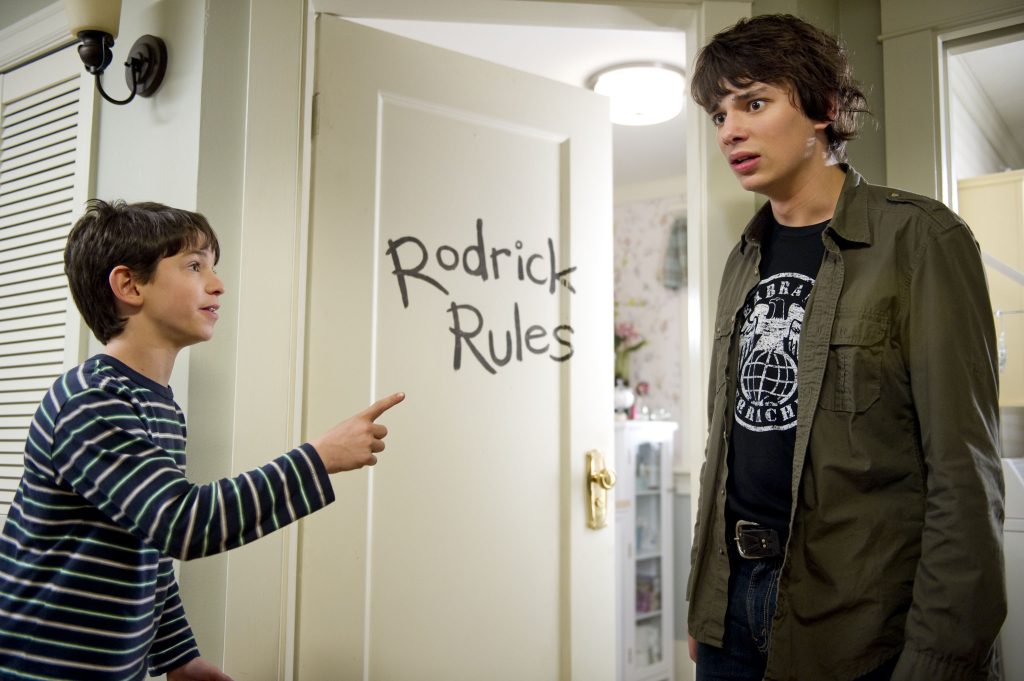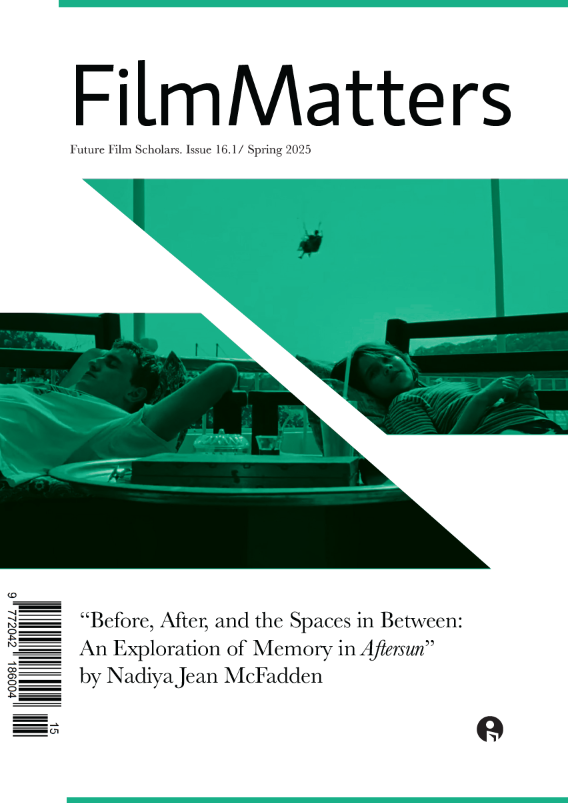
In 2011, a narcissistic pre-teen Greg Heffley (Zachary Gordon) graced the silver screen alongside the tumultuous Heffley family in David Bowers’s surprisingly timeless Diary of a Wimpy Kid: Rodrick Rules. A film that by no means possesses a notable deal of pre-release hype or expectations of high-art cinema, Rodrick Rules completely steamrolled the initial Diary of a Wimpy Kid as a sequel. Rodrick Rules is exactly what you would expect from a comedic, young-adult adaptation film; and yet, the film somehow persists as a cinematic embodiment of youth culture, cringey jokes and all.
There is nothing serious about Rodrick Rules, and perhaps that is the film’s greatest strength. Sometimes all that is needed is a lighthearted escape from reality. Sometimes, said escape emerges in the form of a witty, low-rated children’s film. This is not solely due to the novel of which it adapts its primary story from – the film evidently strays from major plot points within its literary counterpart, taking the main queues from the novel and running them to far greater horizons. In particular, Rodrick Rules is able to closely connect with the nostalgic youth culture of the 2000s and 2010s. The film’s narrative is filled with characters that represent all of the flaws and joys of growing up and finding one’s own sense of self. The entitled and selfish nature of Greg is amplified tenfold within the film, presenting a protagonist that is simultaneously extremely relatable and easily dislikable. His experiences with Rowley (Robert Capron) are as funnily realistic as they are comedic, with the naive views that the boys possess on “adulthood” reigning relatively true to the thoughts of many prepubescent and pre-teen youth. Greg’s rock n’ roll older brother Rodrick (Devon Bostick) exemplified the pure delinquent liberation of being a “cool” teenager; relatedly, he stands as every parent’s worst nightmare.
The Heffley family themselves are every part the flawed American Dream of a household, with the comedic approach taken toward their dynamic exemplifying the sheer redundancy of their quarrels while also serving as a means of addressing the imperfections within any familial structure. In a sequence where Greg and Rodrick attempt to hide evidence of a major weekend party, the unlikely duo showcases that brotherhood and youthful camaraderie hold fast in the face of conflict. Against all odds, the two manage to outwit their father Frank (Steve Zahn), with their supposed victory standing as both a moment of humor as well as a focal point for the small instances of bonding within their relationship. Their father’s main focus during the conflict being set on ensuring the safety of his model figurines is as comedic as it is realistic toward the frivolous nature of parental upset; what was General Grant doing on the thermostat, anyway?
While the surface-level messages of individuality and companionship within the film are worth noting, a greater amount of praise can be bestowed upon the comedy found in the interactions between characters. Disregarded at large by film critics and heralded by youth in online film discussion platforms such as Letterboxd, Rodrick Rules is messy, loud, cringey, and completely hilarious – a true manifestation of the youthful nostalgia toward the mortifying ideal of growing up, and the intricate beauty of getting older.
Reference
Diary of a Wimpy Kid: Rodrick Rules. Directed by David Bowers, performances by Zachary Gordon, Devon Bostick. Twentieth Century Fox, 2011.
Author Biography
Faith Hardie is a fourth-year Film Studies student at Wilfrid Laurier University with interests in film as an escapist medium and animated cinema. Following the upcoming completion of her degree, Faith will be re-attending Laurier as a student in their English & Film MA program.







































